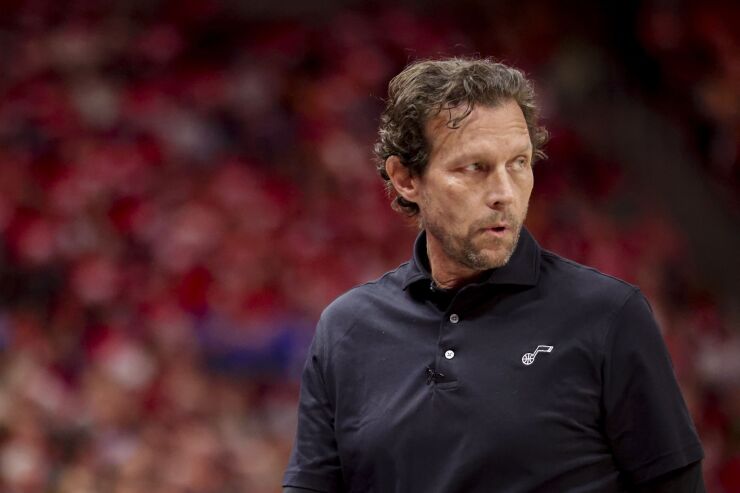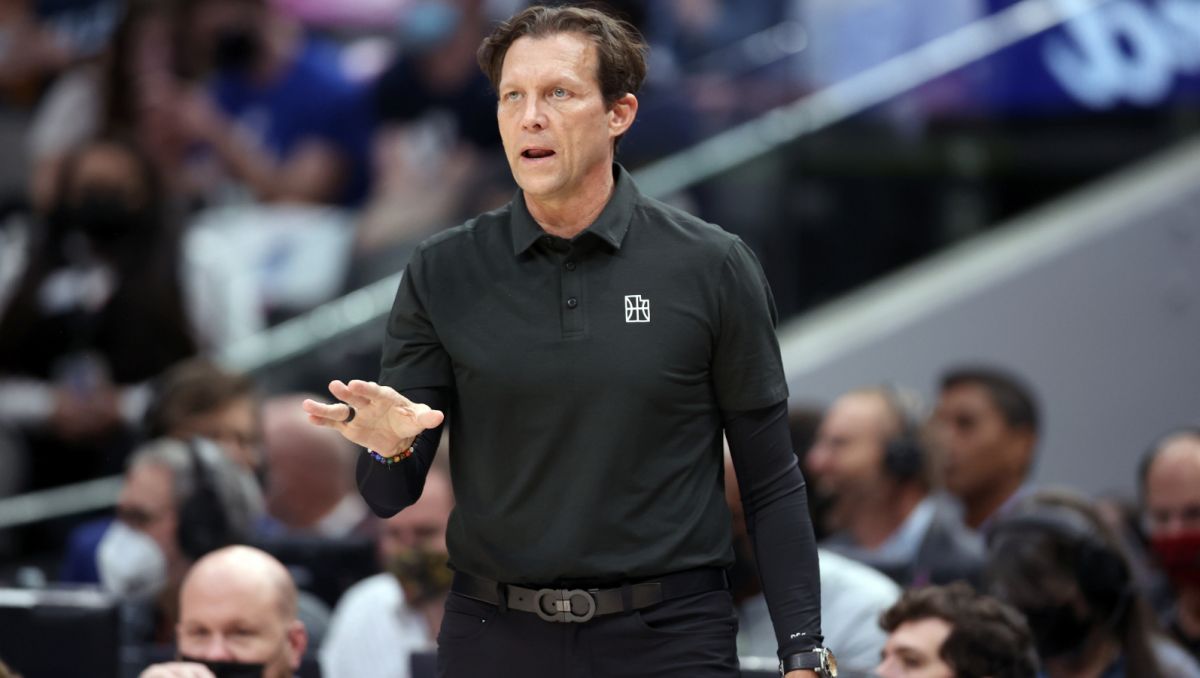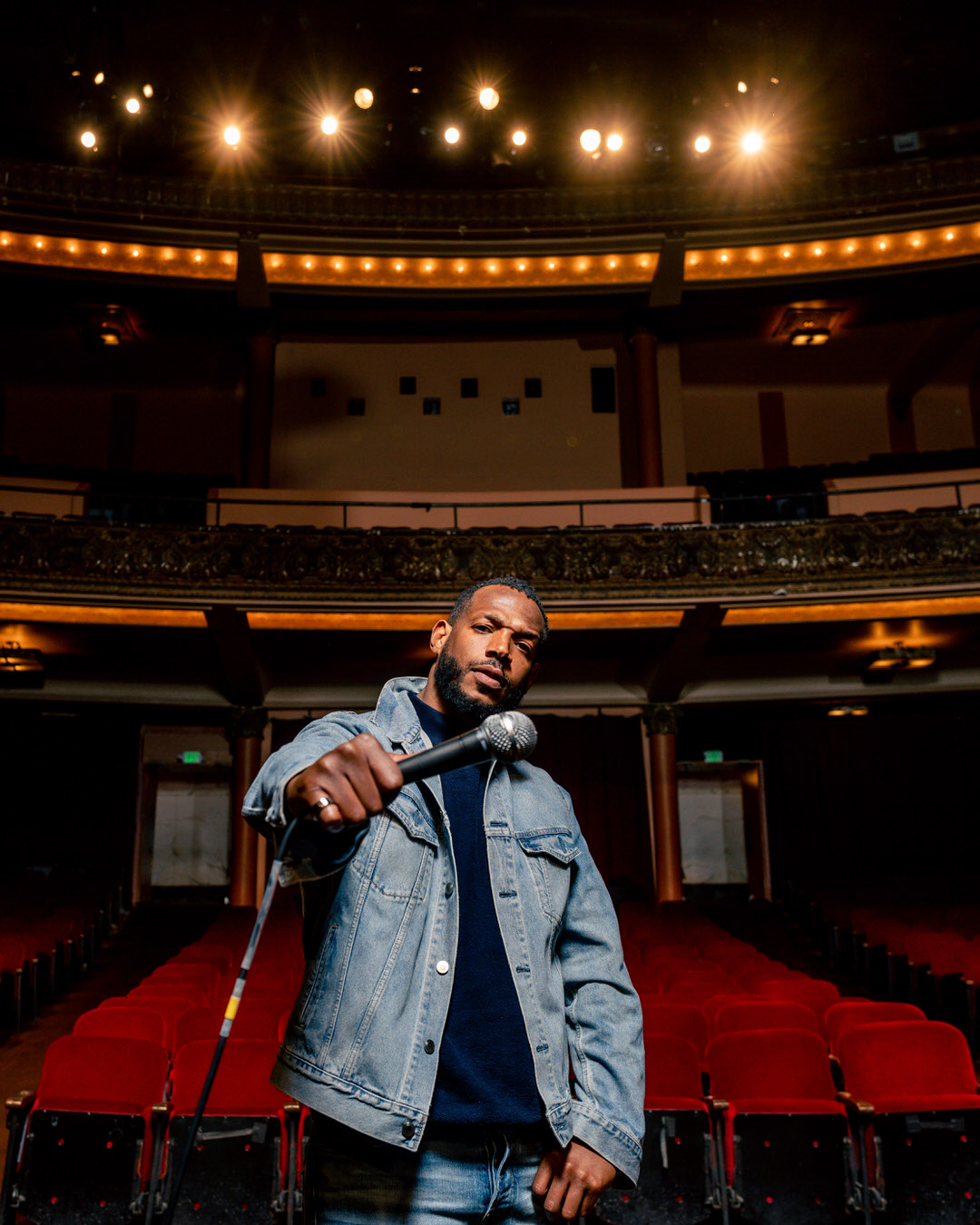Quin Snyder’s journey from college basketball to the NBA is a story of determination, innovation, and strategic acumen. As one of the most respected coaches in the league, Snyder’s career offers valuable insights into the intricate pathways one can take to achieve success in professional sports. This article examines Snyder’s early life, coaching philosophy, career milestones, and contributions to the NBA, providing a comprehensive overview of how he became a prominent figure in basketball.
Early Life and College Basketball
Quin Snyder was born on October 30, 1966, in Mercer Island, Washington. Growing up in a family that valued education and athletics, Snyder was drawn to basketball at a young age.
He attended Duke University, where he played under the legendary coach Mike Krzyzewski from 1985 to 1989. Although Snyder was not an NBA-caliber player, he excelled in understanding the game, which would later serve him well as a coach. During his time at Duke, Snyder contributed to the team’s success, helping them reach the NCAA Tournament each year, including a trip to the Final Four in 1986.
Transitioning to Coaching

After graduating from Duke with a degree in sociology, Snyder took his first step into coaching. He started as an assistant coach at Duke, where he honed his skills and learned the intricacies of player development and game strategy. His time at Duke provided him with a networking platform, introducing him to prominent figures in basketball who would influence his career.
Early Coaching Experience

Snyder’s first head coaching position came at the University of Missouri in 1999. His tenure there was marked by significant achievements:
- 2001 NCAA Tournament: Snyder led Missouri to the NCAA Tournament, showcasing his ability to build competitive teams.
- Innovative Offensive Strategies: He implemented a transition offense that emphasized player movement and spacing, which became hallmarks of his coaching philosophy.
- Player Development: Snyder was known for developing players like Kareem Rush and J.T. Tiller, who excelled under his guidance.
NBA Journey Begins
In 2006, Snyder took a significant leap by joining the NBA as an assistant coach for the Los Angeles Lakers. This transition marked a critical point in his career, allowing him to learn from some of the best minds in the sport, including head coach Phil Jackson.
Learning from the Best

Working with Phil Jackson was particularly influential for Snyder. Jackson’s “Triangle Offense” philosophy and focus on player psychology provided insights that Snyder would later incorporate into his own coaching style. Snyder’s time with the Lakers allowed him to:
- Understand Advanced Analytics: He became adept at using data to inform coaching decisions, a practice that has become increasingly important in today’s NBA.
- Develop Leadership Skills: Snyder learned the nuances of managing high-profile players and fostering team chemistry.
Head Coaching Success in the NBA
After his stint with the Lakers, Snyder returned to the college ranks for a brief period before making a significant impact in the NBA. In 2014, he was named head coach of the Utah Jazz, a position that would define his career.
Revitalizing the Utah Jazz
Snyder inherited a team that was in rebuilding mode and quickly set about transforming the Jazz into a playoff contender. His approach involved several key elements:
- Defensive Philosophy: Snyder emphasized a strong defensive foundation, which helped the Jazz become one of the top defensive teams in the league.
- Offensive Innovation: He implemented a modern offensive scheme that utilized three-point shooting and ball movement, making the team more versatile and difficult to defend.
- Player Development: Under Snyder’s guidance, players like Rudy Gobert and Donovan Mitchell flourished, earning accolades and contributing to the team’s success.
Achievements and Accolades
Quin Snyder’s efforts have not gone unnoticed. Under his leadership, the Utah Jazz achieved several milestones:
- Playoff Appearances: The Jazz made multiple playoff appearances, establishing themselves as a consistent contender in the Western Conference.
- 2021 NBA All-Star Game: Donovan Mitchell was selected as an All-Star, a testament to Snyder’s ability to develop talent.
- Coach of the Year Considerations: Snyder has been a perennial candidate for the NBA Coach of the Year award, reflecting his impact on the league.
Coaching Philosophy and Innovations
Snyder’s coaching philosophy is rooted in several fundamental principles that have guided his success:
- Adaptability: He emphasizes the importance of adapting strategies based on the strengths and weaknesses of his players and opponents.
- Communication: Snyder fosters open lines of communication with his players, ensuring that they understand their roles and responsibilities.
- Emphasis on Team Culture: Creating a strong team culture is central to Snyder’s approach, focusing on accountability and collective goals.
Impact on the NBA and Future Aspirations

Quin Snyder’s influence extends beyond the court. He has contributed to the evolution of coaching in the NBA, particularly regarding the integration of analytics in decision-making and player development. His innovative strategies and emphasis on a collaborative team environment have set a standard for contemporary coaching.
Looking to the future, Snyder’s aspirations remain high. He aims to lead the Jazz to an NBA Championship, a goal that reflects his competitive nature and desire for excellence. With his track record, there is little doubt that he will continue to make a significant impact in the league.
Quin Snyder’s journey from college basketball to the NBA is a testament to the power of perseverance, innovation, and effective leadership. Through his experiences at Duke, his coaching stints in various leagues, and his current role with the Utah Jazz, Snyder has demonstrated that success in basketball is not solely about talent but also about strategy, adaptability, and the ability to inspire others.
As Snyder continues to shape the future of the NBA, his story serves as an inspiring example for aspiring coaches and players alike. The lessons learned from his career highlight the importance of hard work, continuous learning, and the relentless pursuit of excellence in the world of sports.


